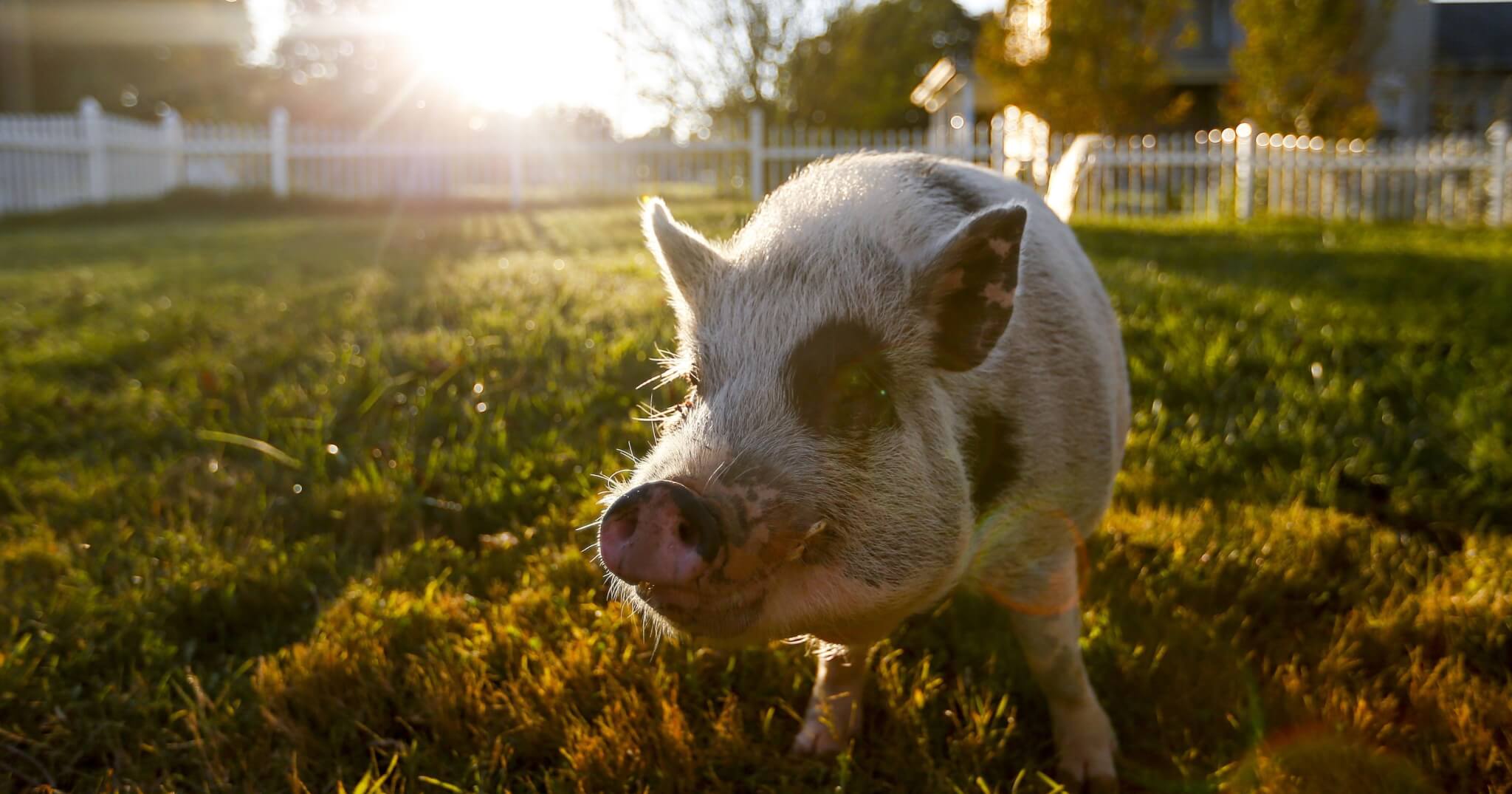Bill Aims To Eradicate Fake Comfort Animals
By DANIEL BORNSTEIN, ESQ.
[apss_share]

In an earlier article, we took on the topic of service and comfort animals and chronicled recent discrimination lawsuits that signaled HUD’s intention to aggressively go after rental housing providers that deny tenancy because one of these animals co-exists with a disabled person in a rental unit, or otherwise make life difficult for tenants with these animals.
The reaction to our post was mixed, as many people have strong feelings about animals. While some people were supportive of the laws surrounding comfort animals, others expressed frustration with tenants feigning disability and related stories of “fake” comfort animals.
We’ll reiterate the difference between a bona fide service animal that is trained to do a specific task for someone with a clear disability – an easy example would be a seeing eye dog – versus a comfort animal (also known as an emotional support animal) that has no specialized training to assist a disabled person.
There is proposed legislation in the works that would make it more difficult for a tenant to cry wolf. If passed, AB 1569 will allow stricter documentation when…
“a prospective or current tenant requests a disability-related reasonable accommodation to keep an animal on the real property and the disability is not readily apparent or the disability-related need for an animal is not apparent, would authorize a person renting, leasing, or otherwise providing real property for compensation to request that a prospective or current tenant provide reliable verification of the disability and the disability-related need for the animal.The bill would require that the third party, among other things, have specific knowledge of the prospective or current tenant’s medical condition based on an individualized examination.”
At Bornstein Law, we applaud AB 1569, to the extent that it provides clarification to landlords and property managers who are too often confronted with making decisions as to whether an animal is a service animal, a comfort animal, or an ordinary pet. If they get these complex decisions wrong, they face a costly and perilous discrimination suit. AB 1549 would restore some level of reasonable verification for the need of a comfort animal without encroaching on the privacy of the tenant.
It would also give owners peace of mind knowing their decisions as it relates to animals in their rental units are made with the guidance of experts that can certify the need for a comfort animal, or determine whether the request is frivolous.
If you found this article to be informative, follow us on Facebook to continue the conversation and get the latest news and insights impacting Bay Area property owners and real estate professionals.
 As the founding attorney of Bornstein Law, Broker of Record for Bay Property Group and expert witness, Daniel Bornstein is a foremost and well-respected expert in landlord-tenant disputes and other property management issues with over 23 years of experience in handling real estate and civil litigation related disputes in and throughout the Bay Area. More than a litigator, Daniel manages rental properties, assists in completing real estate transactions and is well known for his educational seminars. He is always eager to answer questions and engage with Bay Area landlords, property owners and real estate professionals. Email him today.
As the founding attorney of Bornstein Law, Broker of Record for Bay Property Group and expert witness, Daniel Bornstein is a foremost and well-respected expert in landlord-tenant disputes and other property management issues with over 23 years of experience in handling real estate and civil litigation related disputes in and throughout the Bay Area. More than a litigator, Daniel manages rental properties, assists in completing real estate transactions and is well known for his educational seminars. He is always eager to answer questions and engage with Bay Area landlords, property owners and real estate professionals. Email him today.

